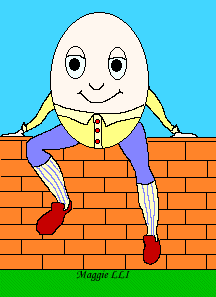
I love the historic origins behind many dining, fashion, and cultural statements. Crowned Holy Roman Emperor in 800 AD, Charlemagne, King of France, established a royal school for children, which he sometimes attended. He also improved etiquette. Unhappy with his soldiers stabbing meat with short daggers to gnaw meat off the bones, he suggested an eating utensil we still use, a fork with two tines to secure meat while it is sliced into manageable portions.
Centuries later, Frederick Wilhelm of Prussia, noticed that when his 6’ tall Potsdam guards stood at attention in cold weather, they inelegantly wiped their dripping noses on their jacket sleeves. His solution? Sew multiple buttons on each sleeve as trim to end nosewiping, a fashion statement we still use.
British and U.S. History was determined by a health problem. King George III was noted to oscillate between excitement and despair, spoke of abdicating, and didn’t respond to issues raised in letters and pleas from American colonists. That contributed to the colonies declaring independence. In 1788 doctors diagnosed that it was King George’s reason that had fled its throne and his son, the then Prince of Wales, governed as regent. Even after the king recovered in 1789 and resumed the throne, he feared that he might collapse again into madness. Twentieth-century medical men believe that he suffered porphyria, a hereditary blood disease producing agonizing pain, excited overactivity, and the acute delirium that he displayed at least four times during his reign.
Meanwhile, instead of daring to speak openly against their king, American colonists poked fun at him through harmless children’s rhymes children:
Humpty Dumpty sat on a wall,
Humpty Dumpty had a great fall;
All the king’s horses and all the king’s men
Couldn’t put Humpty together again.
They also teased about the success of the ragtag volunteer colonial army that opposed him—
Georgie Porgie, pudding and pie,
Kissed the girls and made them cry.
When the boys came out to play,
Georgie Porgie ran away.
Many nursery rhymes have similar fascinating origins. Keep your eyes and ears open for more fun word stories and please share one that you enjoy.


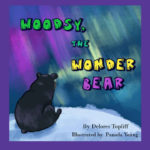
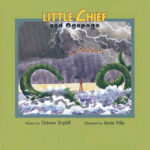
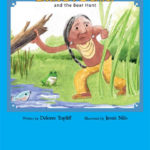
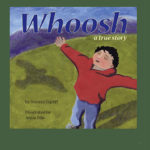
Leave a Reply